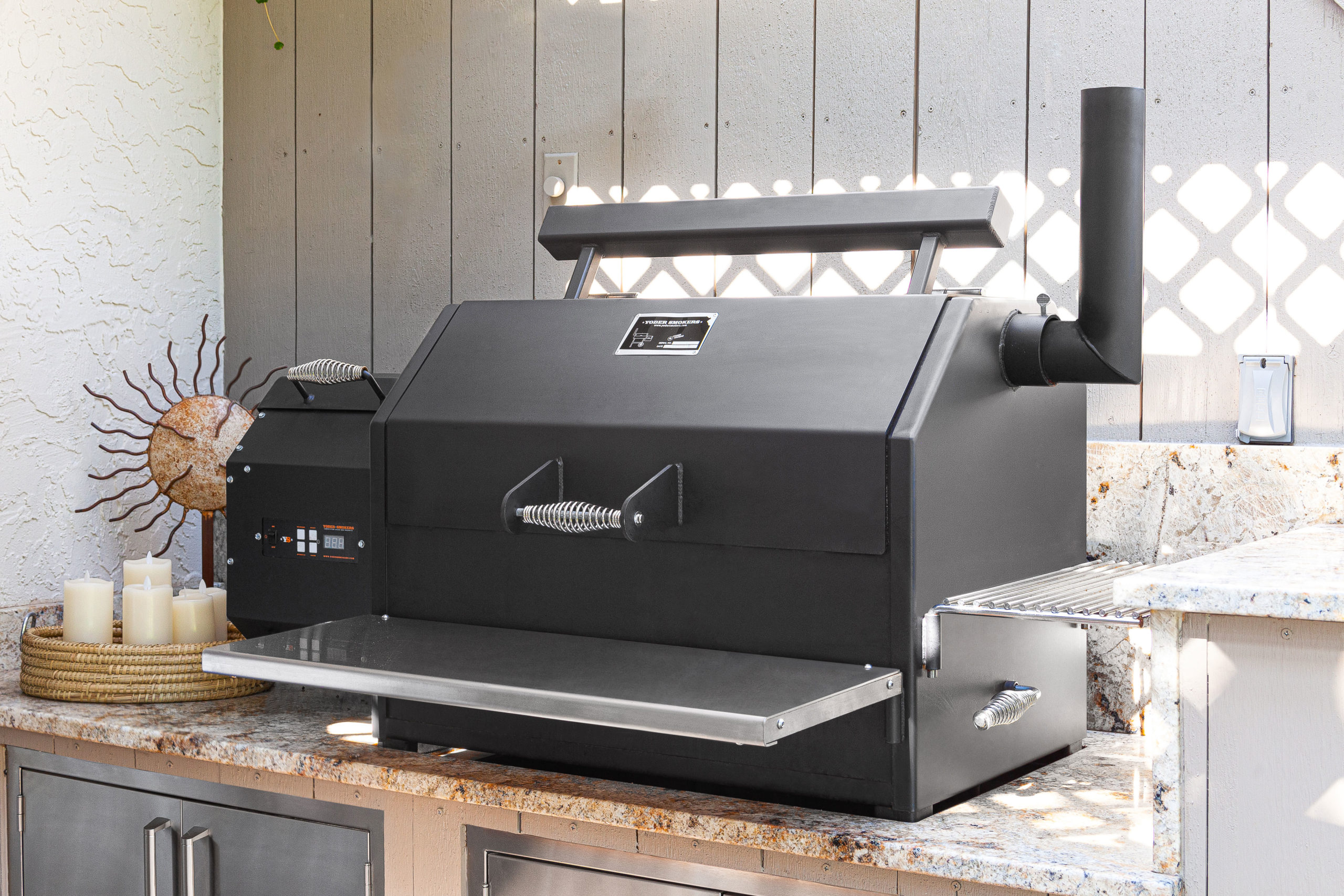LGBTQ Dating Shows: An Introduction
Dating shows have been an integral part of television programming for decades. From the early days of The Dating Game to contemporary hits like The Bachelor, audiences have been captivated by the spectacle of strangers coming together to search for love. In recent years, a new wave of dating shows has emerged, focused specifically on LGBTQ contestants. These shows have provided an important platform for LGBTQ representation in mainstream media, while also offering a unique perspective on the challenges and joys of dating within the community.
Why LGBTQ Dating Shows Matter
Representation is crucial in any form of media, and dating shows are no exception. For too long, LGBTQ individuals have been marginalized or outright excluded from mainstream programming. By creating shows that feature LGBTQ contestants, producers are helping to normalize queer experiences and provide a platform for LGBTQ voices to be heard.
In addition to representation, LGBTQ dating shows can also help to break down stereotypes and misconceptions about the community. Many people still hold outdated beliefs about what it means to be LGBTQ or what kind of relationships queer individuals are capable of having. By showcasing a diverse range of contestants and relationships, these shows can help educate audiences and challenge these biases.
Popular LGBTQ Dating Shows
There are a number of dating shows that have been specifically created to feature LGBTQ contestants. Some of the most popular include:
Created by Logo TV, Finding Prince Charming aired for one season in 2016. The show followed 13 gay men as they competed for the affections of Robert Sepulveda Jr., a successful interior designer looking for love.
2. Are You the One?MTV's Are You the One? is a dating show with a twist - all of the contestants are bisexual. The show has run for multiple seasons and has featured a diverse range of contestants.
The Bi Life premiered in 2018 on E! Entertainment Television. The show focused on a group of bisexual contestants living together in a villa in Barcelona, Spain, as they search for love and navigate their unique romantic experiences.
The Challenges of LGBTQ Dating Shows
While LGBTQ dating shows have provided an important platform for representation and education, they also face unique challenges. One of the biggest hurdles is finding contestants who are willing to go on national television and share their personal experiences with the world.
Another challenge is maintaining authenticity in a highly-produced television format. Dating can be messy and complicated, and it's not always easy to capture the full range of emotions that come with falling in love. Producers must strike a balance between creating entertaining television and allowing the contestants to have genuine experiences.
The Future of LGBTQ Dating Shows
As representation becomes an increasingly important issue in media, it's likely that we will see more LGBTQ dating shows in the future. These shows offer an important platform for queer voices and help to break down stereotypes and misconceptions about the community.
However, it's important to remember that these shows are not a panacea for all of the issues facing the LGBTQ community. There is still much work to be done in terms of creating safe spaces and combating discrimination and bigotry. But by providing visibility and platform for LGBTQ individuals, dating shows can help move us one step closer towards a more inclusive and accepting society.

